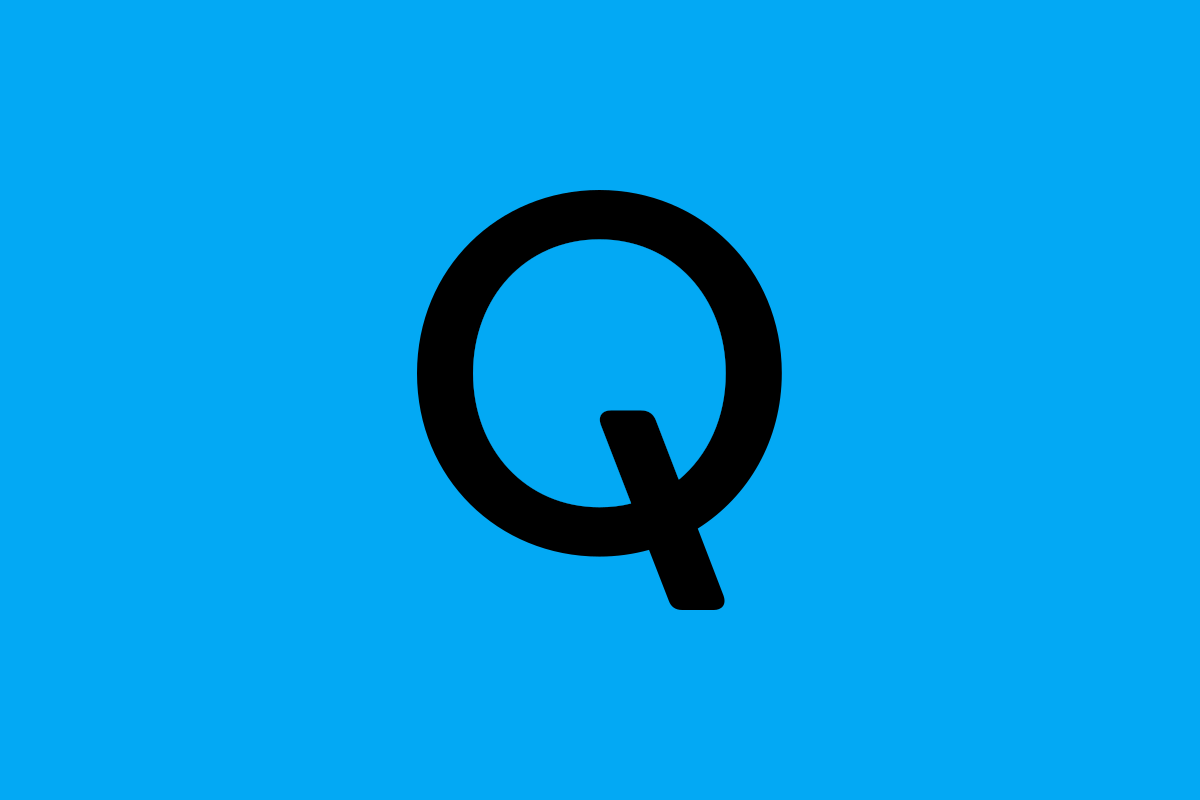Huawei has been backed into a corner for quite some time now, because of US restrictions on the Chinese company. To get some breathing room from its current tight spot, the company has reportedly even finalized a buyer for its Honor smartphone business. Some more relief came in the form of a license to purchase Samsung displays and Sony image sensors. And now, we can expect the company to survive for a bit longer, as Qualcomm has now received a license to sell 4G chipsets to Huawei.
According to a report from Reuters, Qualcomm has received a license from the US Government to sell 4G mobile phone chips to Huawei. Qualcomm representatives commented that they received a "license for a number of products, which includes some 4G products". Qualcomm had applied for a number of licenses, including for 5G Snapdragon chips.
Huawei historically has been a smaller customer for Qualcomm, the biggest supplier of mobile phones. That is because the Chinese OEM relied on its own HiSilicon Kirin SoCs for its flagships and the vast majority of its smartphone portfolio, and relegating Qualcomm chips to some lower-end phone models only. But that scenario was dealt a huge blow when US companies were restricted from supplying Huawei with the resources required for Kirin SoCs. This meant that the Huawei Mate 40 could be the last smartphone with a flagship Kirin SoC.
So, this relief for Huawei might give it some more breathing room, but analysts in the report predict only a "limited impact". This is because the license granted only covers 4G chips, while consumers and even chipmakers are shifting to newer 5G chips and devices. For instance, the Qualcomm Snapdragon 865 launched last year and used extensively across flagships this year is a mandatory 5G chip, and some of the other better-performing chips from Qualcomm are also 5G chips. The strategy-roadmap for 5G is expected to get even stronger when Qualcomm launches its next-generation flagship chips next month. So the benefit that Huawei derives out of its license will unlikely give it back its competitive advantage.
It is still unclear if Qualcomm will be granted a license for supplying 5G chips to Huawei.

